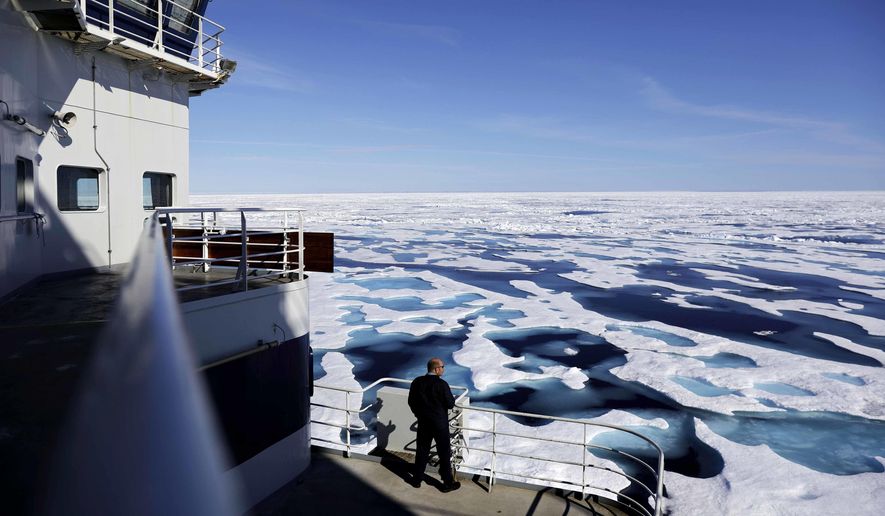Intelligence community's challenges and opportunities in the face of climate change
In 2014, the Pentagon submitted a report that argued climate change was an “immediate risk” to national security. The Pentagon reiterated many of these concerns in a report five years later.I am a retired CIA officer and not a scientist, so I’ll leave it to the climatologists for the most authoritative assessment on the pace of climate change. But there is clear evidence that the Earth is warming, sea levels are rising and the Arctic is melting.
Higher temperatures result in more rain and snowfall in some regions and droughts and wildfires in others. Former Defense Secretary James Mattis emphasized that even climate change skeptics should recognize the benefit of an insurance policy.
For the Pentagon, an insurance policy means securing bases and allocating resources to deal with humanitarian disasters and military conflicts.
Rising sea levels can seriously affect military readiness by flooding coastal bases. Opening the Arctic sea lanes has already sparked a competition among great powers for newly accessible resources. The clash will only intensify over time.

No comments:
Post a Comment